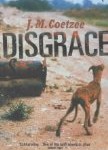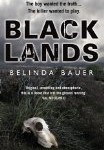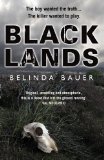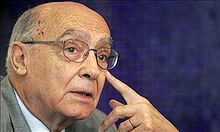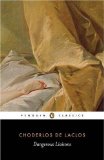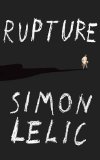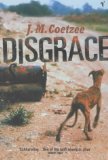
Winner of the 1999 Booker Prize
I had always assumed that Coetzee wrote complex books, which were difficult to read. This idea was confirmed when I attempted to read Summertime last year. I am trying to read all the Booker winners and so decided to get through Disgrace before it intimidated me any more. I was pleasantly surprised to find that Disgrace is a fantastic book, which is easy to read yet tackles many thought provoking issues.
Disgrace is set in South Africa and centres on a professor of Romantic poetry who is forced to resign from his position after he is discovered having an affair with a student. With nothing to keep him in the city he retreats to his daughter’s small farm, where they become the victims of a brutal attack.
I was surprised by how modern and readable the book was. I had the idea that Coetzee wrote pretentious, poetic prose, but this was the opposite. The writing was clean and simple, with no flowery descriptions. It was this simplicity that gave power to the words, drawing me into the disturbing life of South Africans struggling to adapt to their changing society.
I was gripped from beginning to end, reading the book in just two sittings. The title is very appropriate, as the book deals with one disgraceful issue after another. I was impressed by the way layers of symbolism were woven into the seemingly simple story. The fact that the book can be taken at face value, or studied to reveal more complex themes, means that this is the perfect introduction to literary fiction.
Disgrace is a worthy winner of the Booker prize and I highly recommend it.
Did you enjoy Disgrace?
Are any of Coetzee’s other books written in the same simple writing style?
